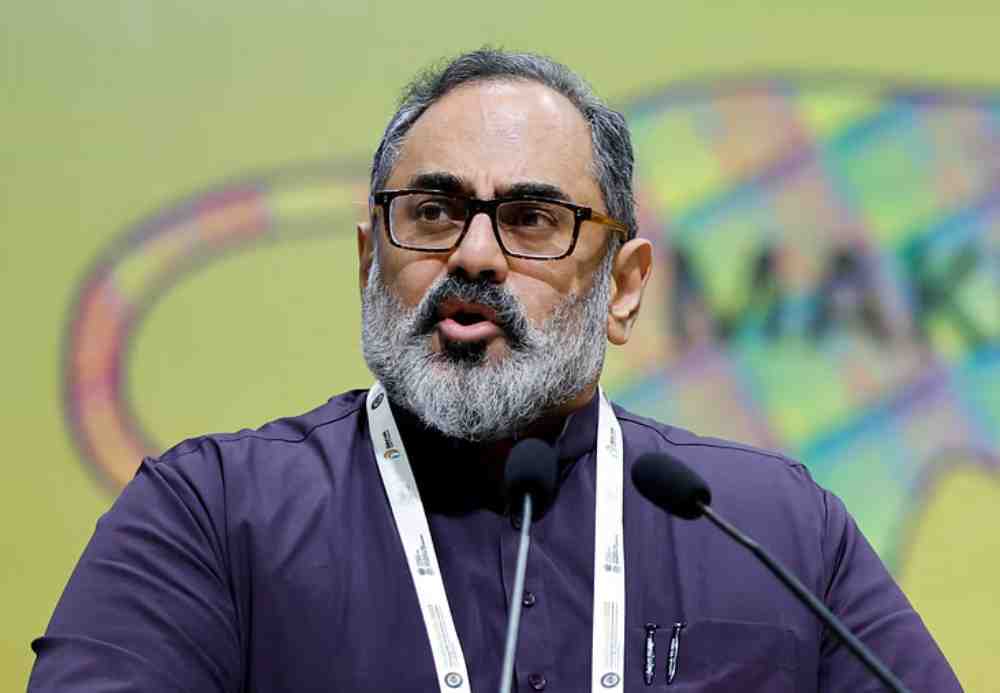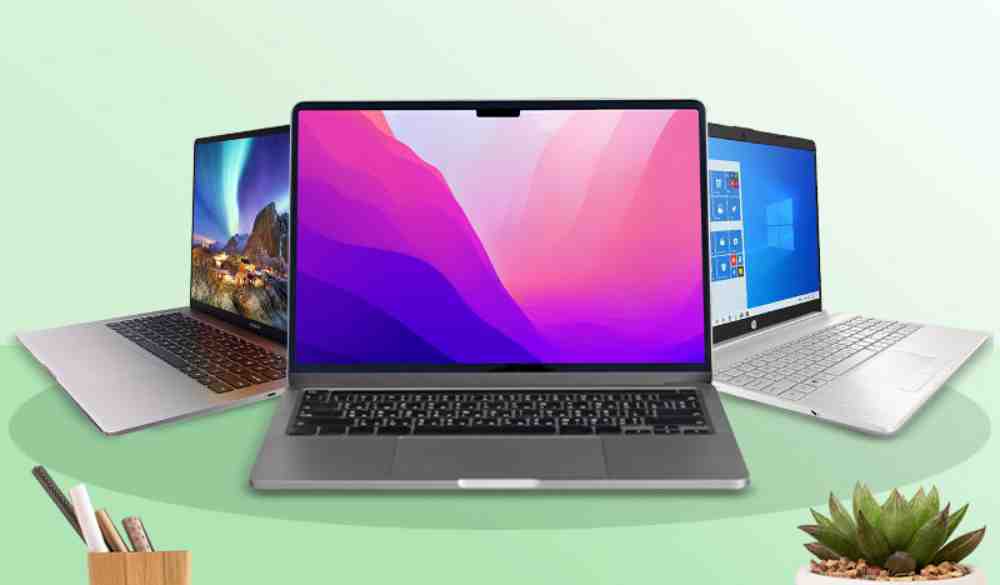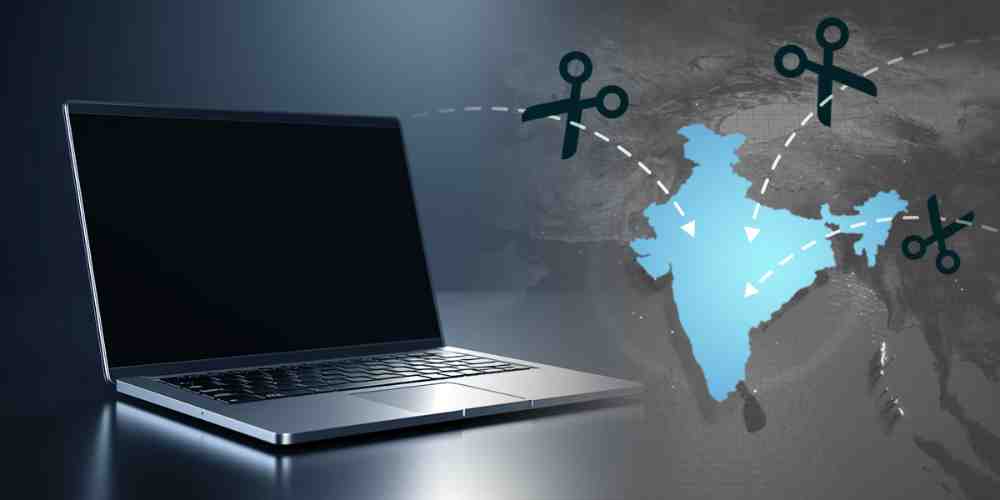The recent decision by the Directorate General of Foreign Trade (DGFT) to delay the licensing mandate for the import of laptops, tablets, and personal computers has generated significant interest in India’s technology and manufacturing sectors. This move comes as the government aims to address security concerns and promote domestic manufacturing by imposing import restrictions on these electronic devices. In the midst of these developments, Rajeev Chandrasekhar, a prominent figure in technology and policy matters, has shared his perspective on the implications of these measures.

Import Restrictions for Security and Domestic Manufacturing:
To safeguard against security risks and boost domestic manufacturing, the Indian government imposed import restrictions on laptops, tablets, and certain types of computers. This measure aims to reduce inbound shipments from countries like China and Korea, ensuring greater control over critical technology imports.
Delayed Licensing Mandate:
The DGFT announced a delay in the licensing mandate for laptop and computer imports. Until October 31, 2023, import consignments can be cleared without a license. However, starting from November 1, 2023, a valid license for restricted imports will be required for import clearance.
Benefits for Indian Laptop and PC Companies:
The delayed licensing mandate provides transitional arrangements for importers of laptops, tablets, all-in-one personal computers, and servers until October 31. This period allows Indian laptop and PC companies to adapt to the new regulations and seek the necessary permissions for inbound shipments, providing them with a smoother transition.

Rajeev Chandrasekhar’s Perspective:
MoS IT Rajeev Chandrasekhar has responded to the situation, clearing the air about the restrictions on laptops and PCs. In a tweet, he confirmed that there will be a transition period for the new import norms to be put into effect, and the details will be notified soon. This reassurance from the Minister of State for Electronics and Information Technology comes as a relief to industry stakeholders, providing clarity on the timeline for implementation.
Government’s Vigilance and Security Measures:
By enforcing import curbs, the government aims to closely monitor the origins of these products. The licensing system will enable better tracking and control over the import of laptops and PCs, ensuring robust security measures are in place.

Implications for Major Manufacturers:
In line with the tweet by the state minister, a government official confirmed that the implementation of import restrictions will be pushed ahead by at least a month. This move gives major manufacturers, including Apple, Samsung, HP, Lenovo, and others, additional time to obtain the required license without disrupting their supply chains.
The delayed licensing mandate for laptop and computer imports, coupled with import restrictions, reflects the government’s dual focus on addressing security concerns and promoting domestic manufacturing. With Rajeev Chandrasekhar’s response providing reassurance and a clearer timeline, Indian companies can now better plan their strategies for adapting to the new regulations. As the industry continues to evolve, these measures will play a crucial role in shaping India’s tech landscape in the coming months.
